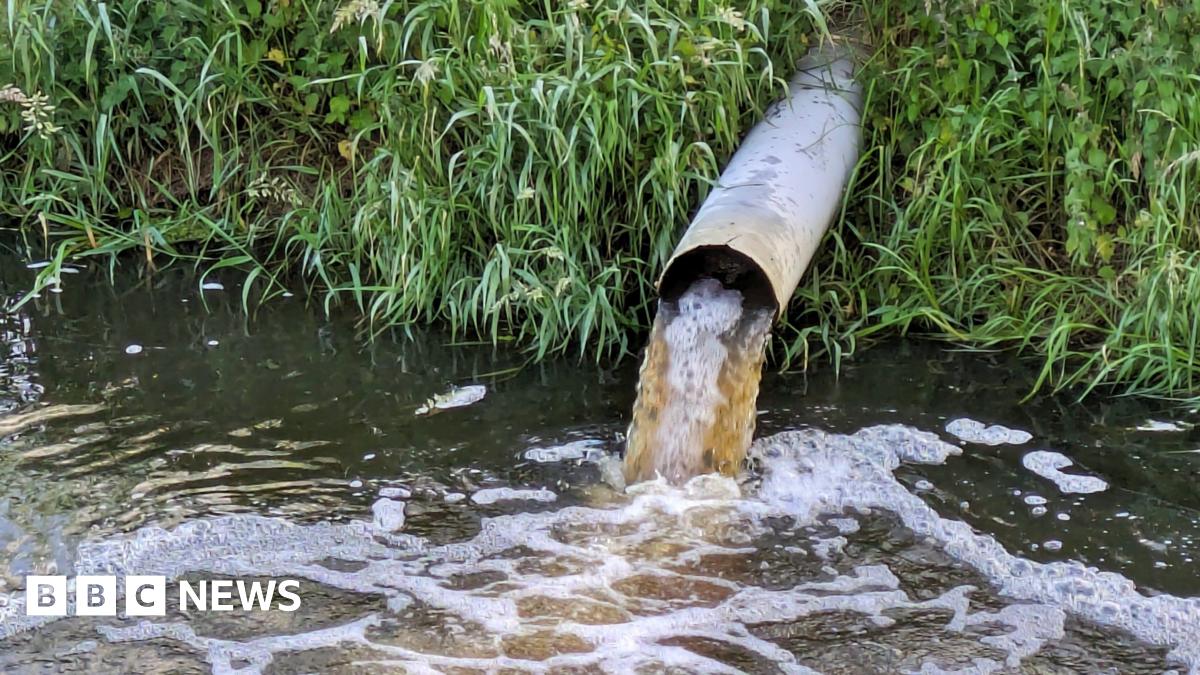The new proposals are focused on more minor offences which happen frequently and have in the past gone largely unpunished.
The plans would see automatic financial penalties of up to £20,000 introduced for rule breaches such as failure to report a significant pollution incident within four hours, failure to report spill data properly or if emergency overflow outlets discharge sewage more than three times in a year.
For some more serious offences the government wants to make it easier for the EA to take action.
So it’s proposing that the burden of proof be reduced from “beyond all reasonable doubt” – the norm for criminal proceedings – to “on the balance of probabilities”, which is used in civil cases. The fines which the EA can impose without going to court could be increased to a maximum of half a million pounds.
The reduced burden of proof for some offences is already written into law, having been part of the Water (Special Measures) Act which received Royal Assent in February 2025. This six-week consultation is to determine which offences should be included, and the level of the fines.
“Fines of £500,000 are pocket change to billion-pound companies like Thames Water,” says James Wallace, the CEO of campaign group River Action.
“Higher penalties and urgent, wholesale reform are essential to prevent negligent firms polluting our rivers and short-changing their customers.”
